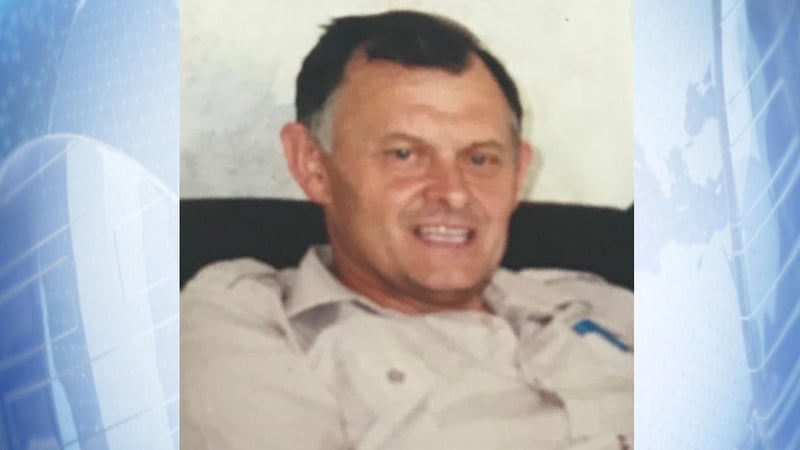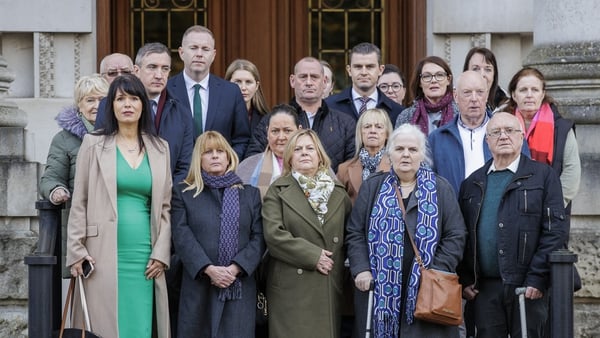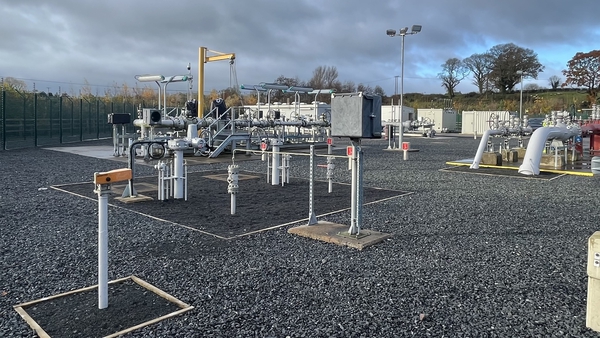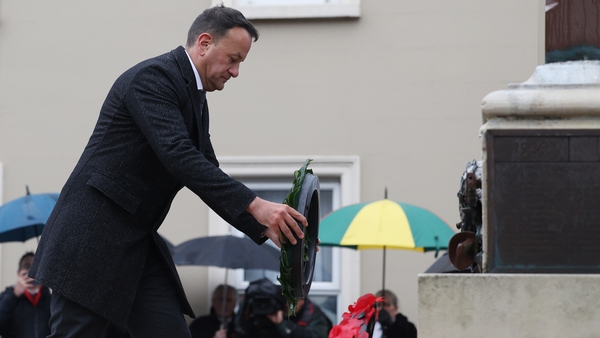Police in Northern Ireland have said they cannot divulge recently uncovered intelligence information to an inquest into the murder of a Co Derry GAA official by loyalists in 1997, but would not stand in the way of a request for a public inquiry into the killing.
In a move described as unprecedented by lawyers for the family of father-of-six Sean Brown, the PSNI said it would not dispute that a public inquiry would be an appropriate way to continue the investigation as it could have a closed hearing to deal with intelligence material.
A lawyer for the family told a coroner's court in Belfast that they want the inquest to proceed and described their treatment by police as "cruel, inhumane and degrading".
Mr Brown, 61, was beaten and abducted as he locked the gates of Bellaghy Wolfe Tones GAC in May 1997.
He was forced into the boot of his car and taken to a remote country lane outside Randalstown in Co Antrim, where he was shot six times.
No one has ever been charged with his murder, which was carried out by the Loyalist Volunteer Force, a breakaway faction of the UVF.
His family has alleged that agents working for RUC Special Branch were involved in the killing and that the investigation was deliberately hindered.
An inquest into the killing began in March and is scheduled to resume next January, but proceedings have been bogged down by a series of delays in the provision of material the coroner requested from the PSNI.
In court this morning, a lawyer for the coroner read from a letter sent to lawyers acting for Mr Brown's family by the Crown Solicitor's Office on behalf of the PSNI.
It said police have encountered "intelligence issues" which it considered would inevitably and unavoidably require a closed hearing.
Coroners' courts in Northern Ireland cannot hold Closed Material Procedure hearings to consider the sensitivities of national security issues.
"In the absence of a closed material procedure mechanism ... to address the issue of intelligence coverage, the PSNI position is that an inquest is not the appropriate vehicle for the continuation of the investigation into the death of Mr Brown," the letter.
The letter went on: "In the event that the family seek a public inquiry into Mr Brown's death, PSNI confirms that it does not dispute that a public inquiry, which would have the facility for a closed hearing to address such issues, would be an appropriate method to continue the investigation into the death of Mr Brown."
It also said PSNI Chief Constable Jon Boutcher "has indicated an open invitation to meet with the family if they so wish."
A decision on whether to grant a public inquiry would be taken by the British government and not the PSNI.
A lawyer for Mr Brown's family said they were "appalled and distressed" by the development.
Barrister Des Fahy described the PSNI approach as "high handed and arrogant" and accused Chief Constable Boutcher of attempting to direct the progress of the inquest.
He described the PSNI comments on a possible public inquiry as "a calculated diversion from the work of this inquest" and said the family want the inquest to proceed as scheduled.
The lawyer said the family believes the intelligence issues referred to concern the activities of state agents and informers.
Coroner Justice Patrick Kinney told a lawyer for the PSNI he could not understand why material he has been requesting since early this year has still not been provided.
He said it is intention to continue the inquest and a case management hearing will be held next Friday.
Earlier this month it was revealed that the British security service MI5 has made an application to withhold information from the inquest, with a minister at the Northern Ireland Office issuing a Public Immunity Interest (PII) certificate.
The certificates are used by state agencies to conceal information they do not want placed in the public domain.
The inquest proceedings are taking place against the backdrop of the British government's new legacy legislation, which states that any legacy inquests which have not reached the point of verdict by 1 May next year will be discontinued.





